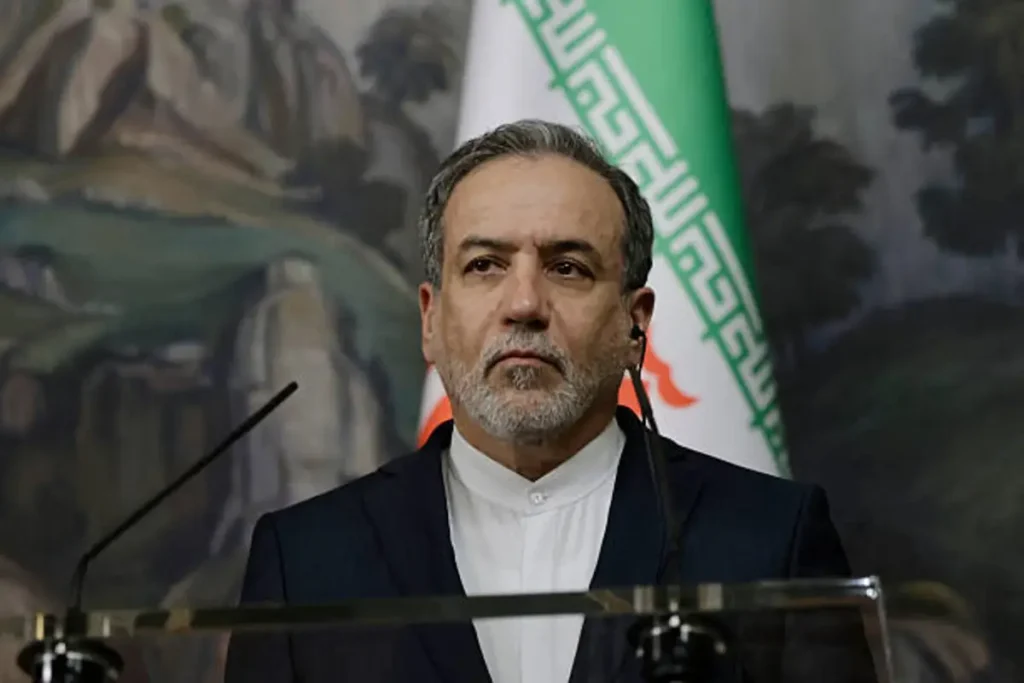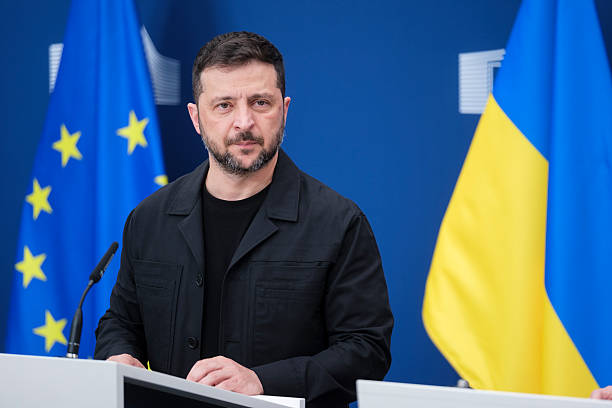
Iran Confirms UN Nuclear Watchdog Official’s Visit for Talks but No Inspections Planned
EPICSTORIAN — A senior official from the International Atomic Energy Agency (IAEA), the United Nations’ nuclear watchdog, is scheduled to visit Iran for talks on Monday, Iran’s Foreign Minister Abbas Araghchi said on Sunday.
However, Araghchi added that no inspection visits to nuclear sites are planned at this time.
The announcement comes amid ongoing tensions following a series of military strikes launched by Israel on Iranian nuclear facilities during a 12-day conflict in June.
Since then, inspectors from the IAEA have been unable to access Iran’s nuclear sites, despite repeated calls from IAEA Director General Rafael Grossi to resume inspections.
Iran nuclear talks scheduled with UN watchdog official in Tehran
Iran’s Foreign Minister Abbas Araghchi confirmed the upcoming visit by a Deputy Director General from the IAEA is intended to discuss a framework for cooperation between the two parties. Araghchi stated on his official Telegram account:
“Negotiations with the IAEA will be held tomorrow to determine a framework for cooperation. A Deputy Director General of Grossi will come to Tehran tomorrow, while there are no plans to visit any nuclear sites until we reach a framework.”
This visit marks the first direct engagement between Iran and the IAEA since Iran enacted a law last month suspending cooperation with the agency. According to Iran’s parliament, the law requires approval from Tehran’s Supreme National Security Council for any future inspections of nuclear facilities by the IAEA.
IAEA visit Iran planned for cooperation talks but inspections suspended
The inability of IAEA inspectors to access Iranian nuclear sites follows heightened regional tensions. Israeli military strikes targeted key nuclear locations in June, raising international concerns over Iran’s nuclear activities.
The IAEA’s 35-member Board of Governors, following a damning report issued on May 31, declared Iran in breach of its non-proliferation obligations under the Nuclear Non-Proliferation Treaty (NPT). IAEA Director General Rafael Grossi has publicly emphasized that inspections remain the agency’s top priority. However, Iran has accused the IAEA of effectively paving the way for the Israeli strikes by issuing the critical report.
Iran remains committed to the nuclear Non-Proliferation Treaty despite suspension
Despite accusations against the agency, Iran has repeatedly denied seeking nuclear weapons and affirmed its commitment to the NPT. The country’s Foreign Minister Abbas Araghchi reiterated this stance during his Telegram statement, emphasizing Iran’s willingness to negotiate a framework for cooperation.
The suspension of inspections and new legal restrictions reflect a significant shift in Tehran’s approach to nuclear oversight. The Deputy Director General’s upcoming visit is expected to explore terms for renewed cooperation but will not include site inspections until an agreement is reached.
International context underscores the importance of Iran nuclear talks
The standoff between Iran and the IAEA remains a key issue in international efforts to prevent nuclear proliferation in the Middle East. The IAEA continues to prioritize inspections as vital for verifying Iran’s nuclear activities, yet progress has stalled due to recent hostilities and Iran’s legal measures.
Diplomatic observers note that restoring inspections will require considerable negotiation and mutual assurances. The planned talks in Tehran will be closely monitored by the international community for signs of progress or further stalemate.
Iran’s parliament passed the law suspending cooperation with the IAEA last month, restricting inspectors from accessing nuclear sites without explicit approval by Tehran’s Supreme National Security Council.
Araghchi’s announcement that no inspections will take place until a framework is established underscores the current impasse.
Also Read: Hong Kong authorities reopen Nathan Road after swift response to Ko’s House kitchen fire
The upcoming visit by the IAEA Deputy Director General offers a potential diplomatic opening to address these issues and assess future engagement possibilities with Iran’s nuclear program.

